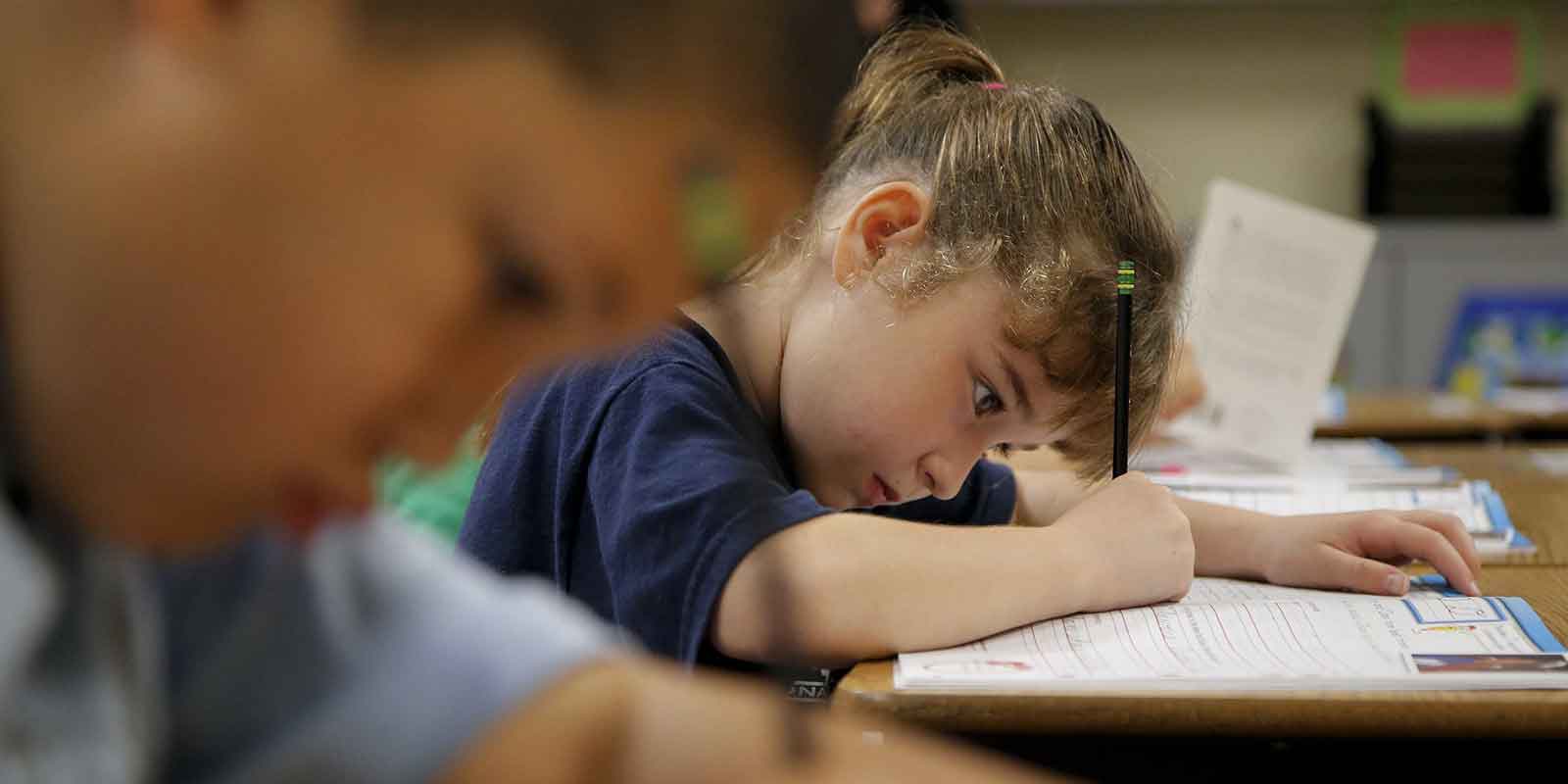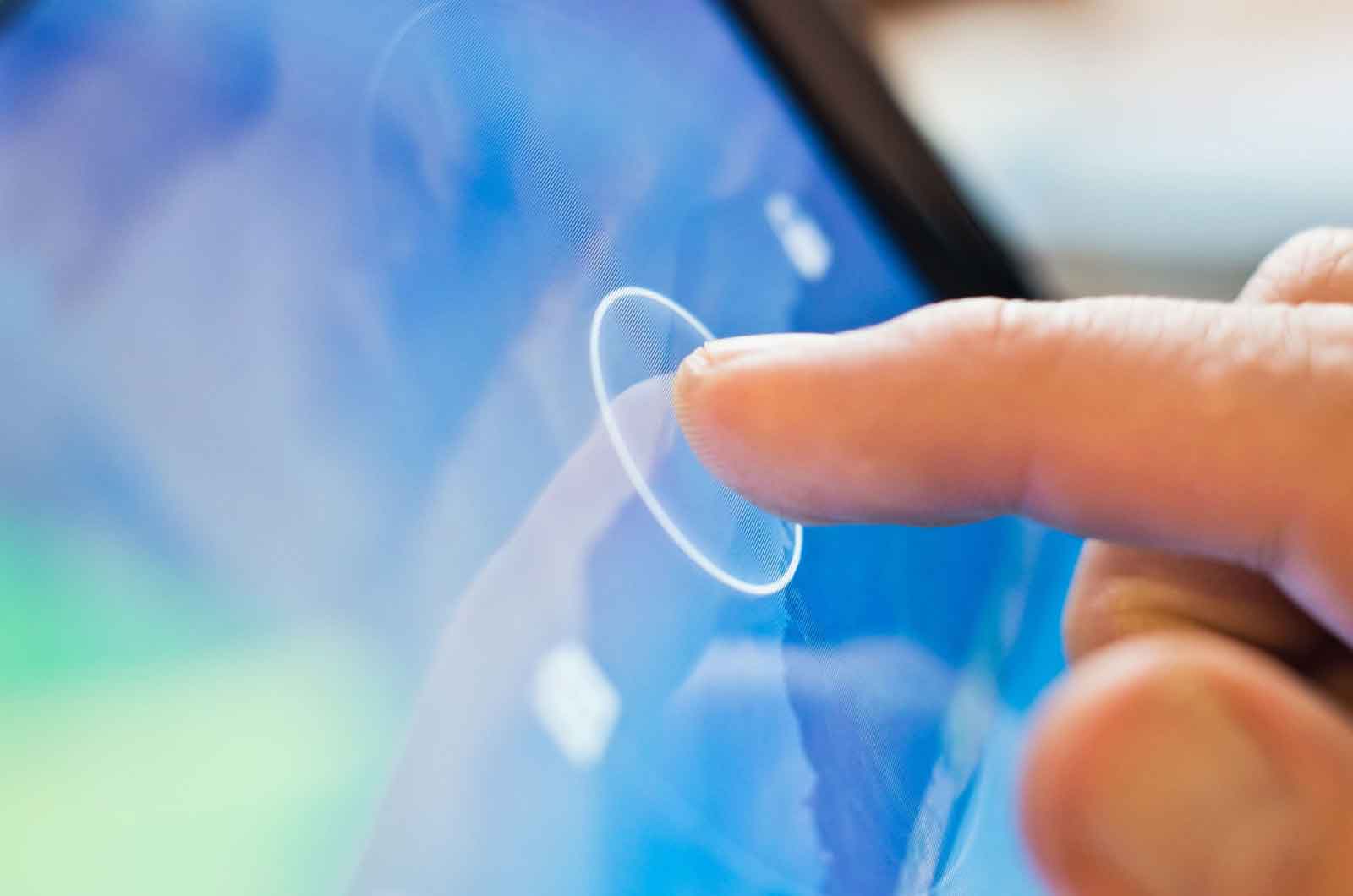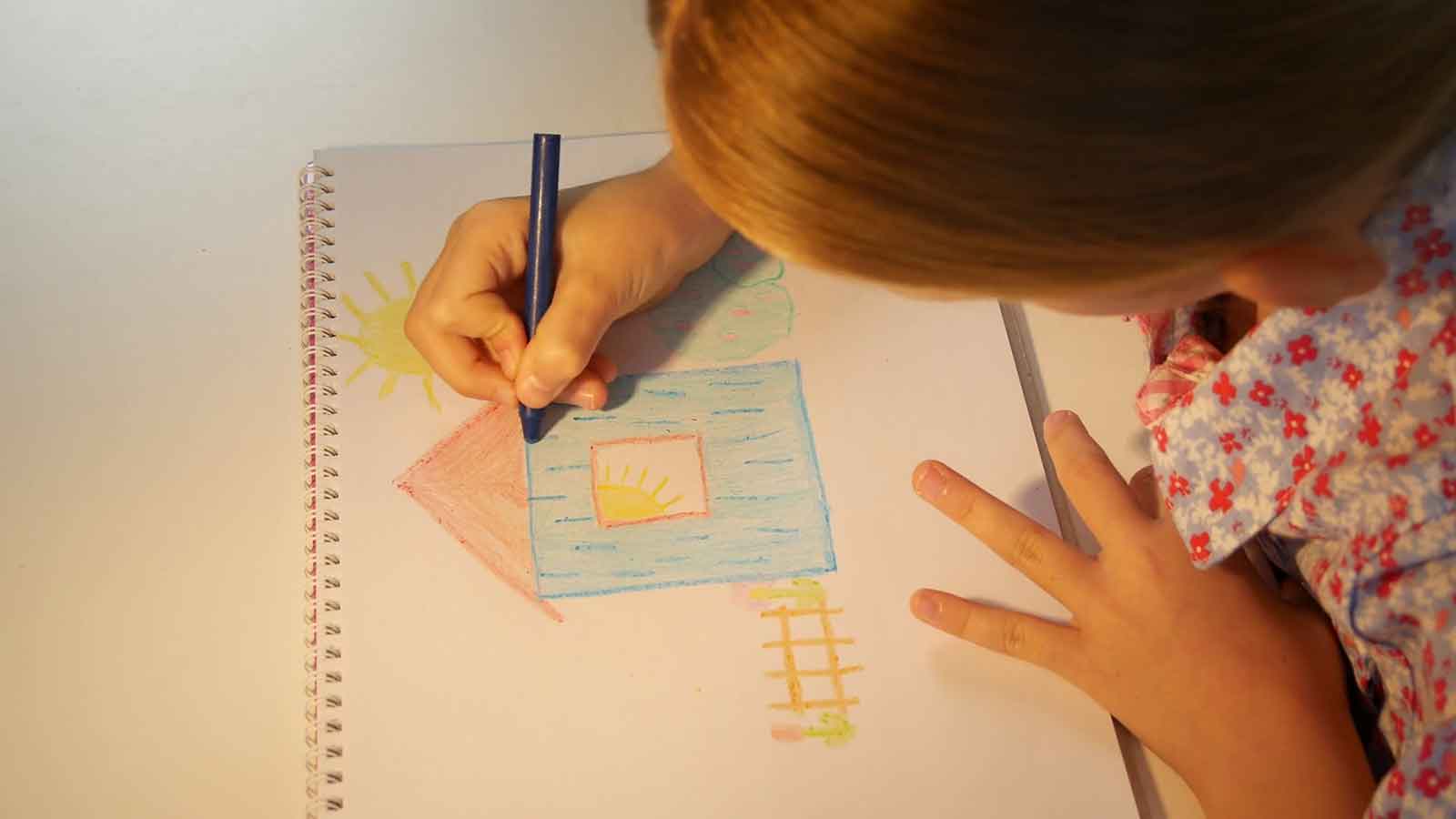The importance of penmanship for children
November 16, 2019
It is no secret that technology has invaded our lives. All the technological breakthroughs have improved our lifestyle, but they have also drastically changed the way we live and behave.
Probably the worst part of having technological devices so ever-present in our lives is that it is affecting the childhood and development of our children. It is enough to see how a child behaves these days to realize just how different things are now compared to when we were children. As a result of too much exposure to technology, children nowadays have weight-related issues, problems when it comes to interacting with peers, communication difficulties, and many more.
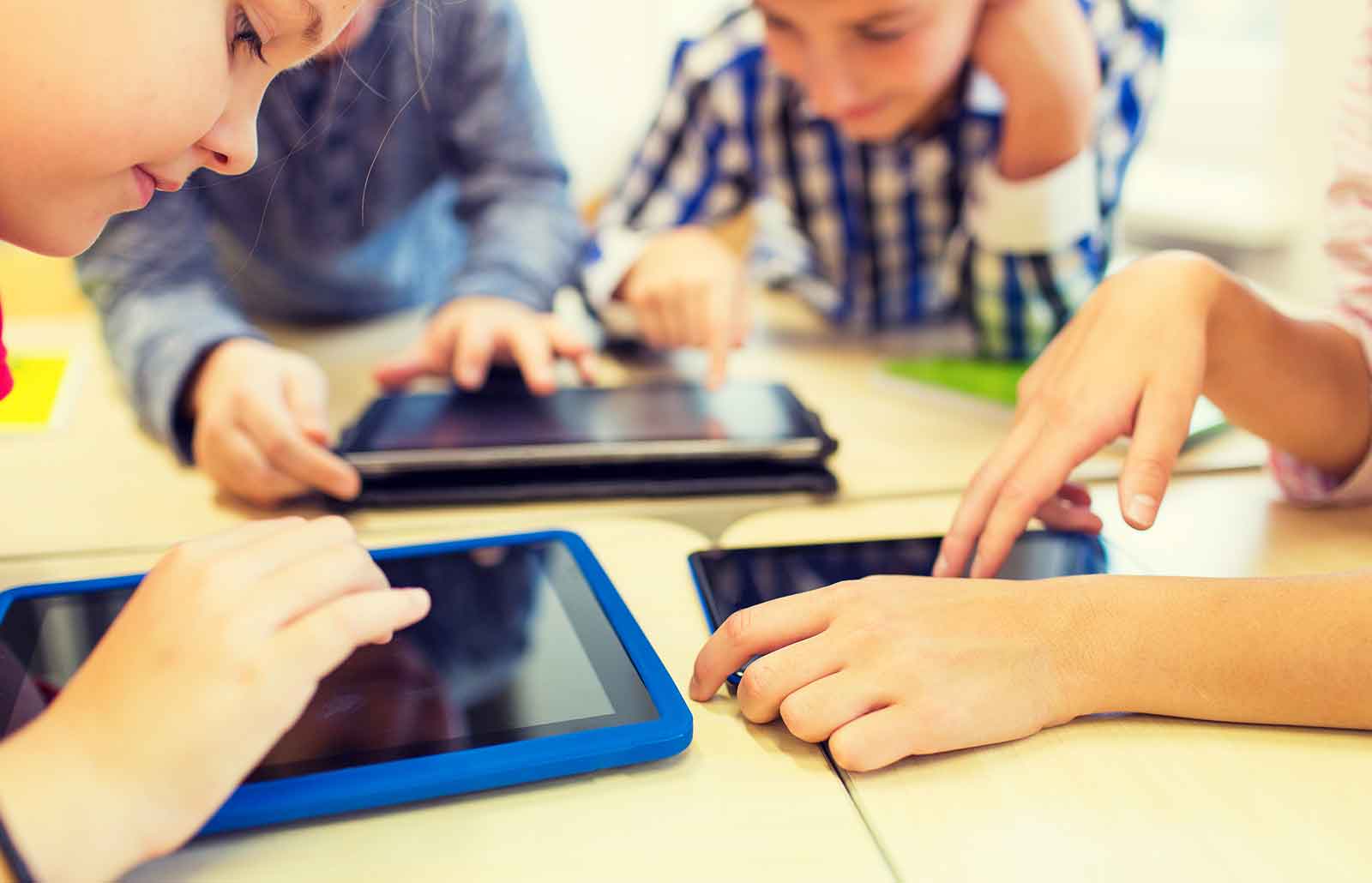
This type of news should be an alarm-bell for all the parents out there. Penmanship is vital for children and it is not an obsolete technique. Yes, we can do a lot of things with the help of mobile devices, but we should not forget that learning to hold a pen and writing is still a very important skill. Each of us should develop in a way that will enable us to be prepared for and cope with any kind of situation. So make sure you offer your child pencils from a very early age and help them develop these important skills.
Computers are unable to give us the emotions that are stirred by having a face-to-face conversation with another person. The debates that take place in a classroom, when students are discussing a subject with the teacher, are incredibly important for the development of emotional, linguistic and social skills. We need these skills in order to be able to interact with the people around us. Machines can’t show us how to do this properly as they are impersonal. This is why the presence of a teacher in the life of a person and in his or her learning process is of paramount importance.
Articles

The United Nations has described the disruption to education caused by the pandemic as ‘unparalleled’. At the virus’ worldwide peak in April, it is estimated that over 90% of all enrolled learners, from kindergarten to bachelors and beyond, had their education affected by school closures and the pandemic (UNESCO). For many university students and older children, they have had to adapt quickly to online learning. They can keep in touch with their peers and teachers online and continue their studies, albeit in a highly modified way. As challenging as this may be, this experience will help equip them for a future that is increasingly online. For parents of younger children, they are assuming a new role: their child’s home school teacher. This is in addition to their usual childcare and household duties, their work responsibilities and often emotional and financial worries caused by the pandemic. Stressful? Yes. The good, and somewhat surprising, news? The experts advise that you don’t teach your children - at least not in the way you might expect.
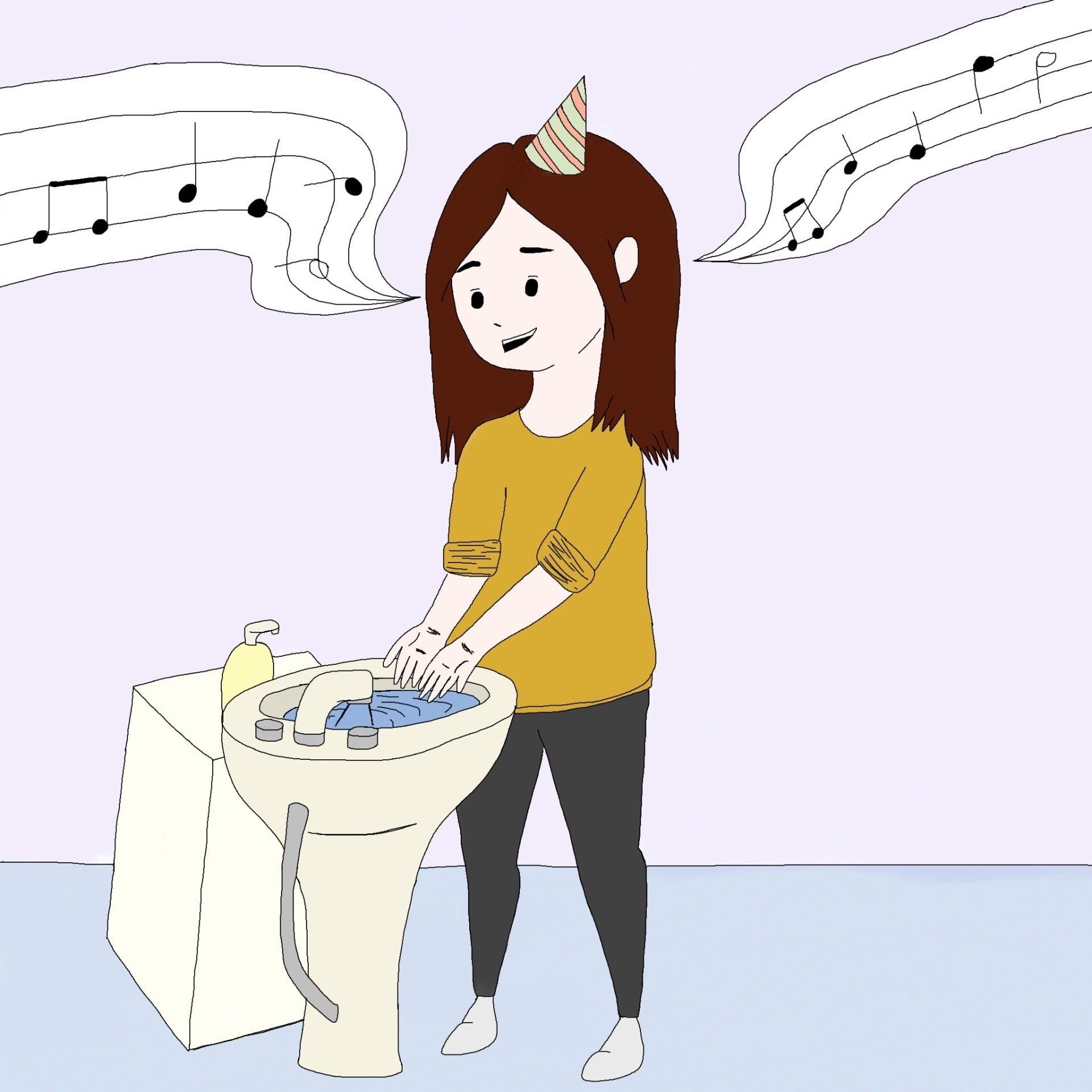
If the recent outbreak of Covid-19 has taught us anything, it's that many adults do not wash their hands effectively. It has never been more important that we support our children to develop good personal hygiene to keep themselves and our families safe. This seemingly easy task can be very difficult for children with fine motor skill difficulties. In this article, we explore some ideas to support your child with hand washing.
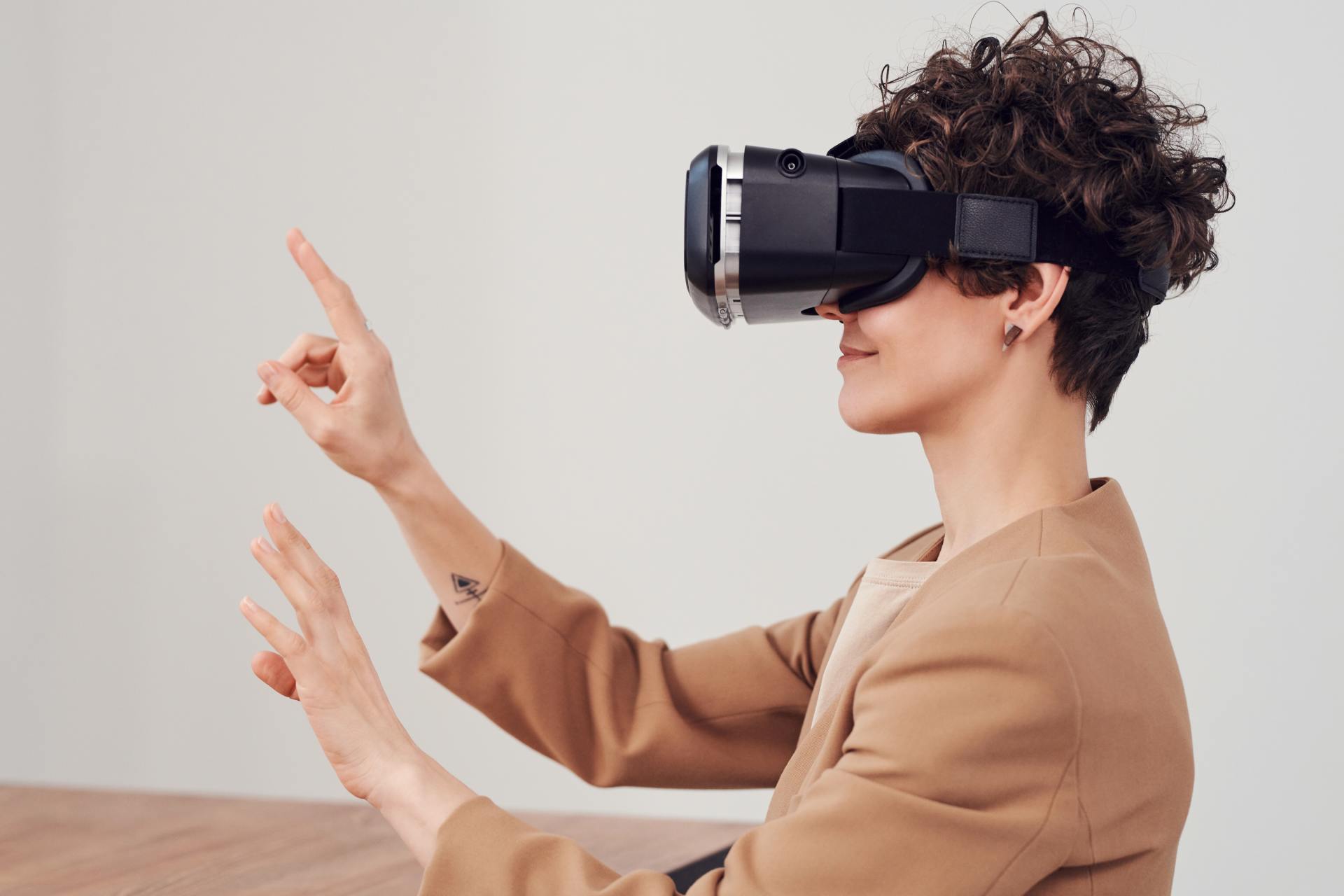
Lockdown has brought the digital future into the now. Online shopping, entertainment, education and more have moved from the periphery to the mainstream to, in many cases, the only option. With the necessity of social distancing looking to continue for many months, it appears that this rapid digital revolution is here to stay. This means that life as we know it, in most of its sectors, has changed forever. In order to survive, businesses are having to adapt rapidly, embrace technology and look to the future. Architecture is no exception. There has been a widespread adoption of technology and VR over the past few months in response to the lockdown across all of society. Elderly grandparents who were once resistant to adopt new technologies talk of “Zooming” and have started video chatting with their family members to combat loneliness. Art galleries that were once considered stuffy or pretentious are now pioneers in VR technology, with Google Art & Culture offering tours of London’s National Gallery or the Musee D’Orsay in Paris. These virtual tours deliver art in a dynamic new way that can be far more engaging than regular photos. Critics have applauded the panoramic and immersive views of gallery building and exhibitions which work well for rendering of 2 dimensional art, however impressions of sculpture is somewhat lacklustre. With VR technology, users can enjoy a truly immersive experience in the comforts, and safety, of their own home. The COVID-19 pandemic has served as an accelerant for the arts and entertainment industries to embrace VR.




